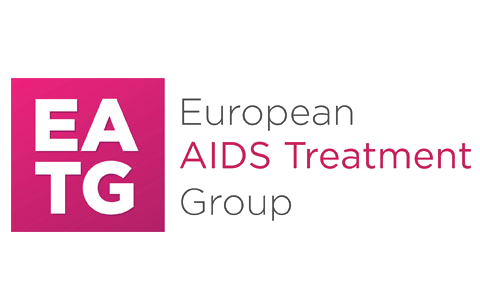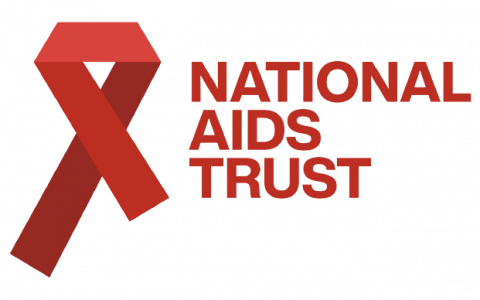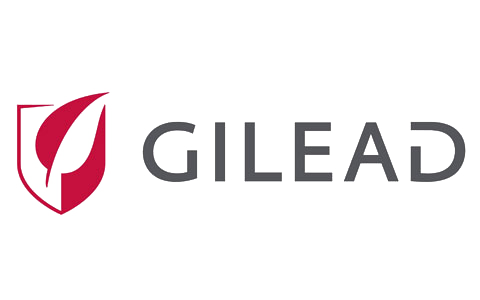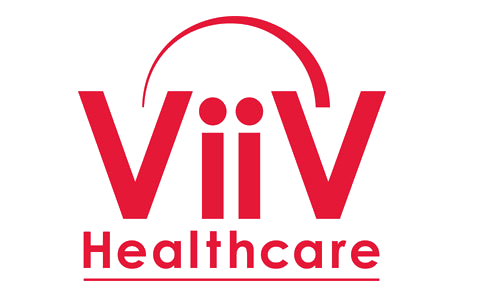Case Study
UK – Ending HIV transmissions in Greater Manchester

The peer-led campaign focuses on a 'Test, Manage, Prevent' message, and encourages people to take regular HIV tests and to manage the possible risks of HIV transmission during sex.
For people living with HIV, the campaign highlights the fact that effective treatment means that HIV cannot be passed on through sex, a fact now universally recognised as 'U=U'.
-
Context
In 2018 Greater Manchester launched as a Fast-Track City with all 10 council leaders and the Greater Manchester Mayor, Andy Burnham, signing up. Over £1 million is committed to a bold plan to end new HIV transmissions in Greater Manchester, where infection rates are higher than the national average.
The Fast-Track City initiative committee sits within the Greater Manchester Sexual Health Network and includes clinical and community sector representation, people living with HIV, public health, primary care, Greater Manchester Health and Social Care Partnership (GMHSCP), and the Greater Manchester Combined Authority/Mayor’s office.
The focus is on translating global goals, objectives and targets into local plans building upon, strengthening and leveraging existing HIV-specific and -related programmes and resources to:
- Attain 90-90-90 targets
- Increase use of combination HIV prevention services
- Improve the quality of life of those living with HIV
- Reduce to zero the negative impact of stigma and discrimination
- Establish a common, web-based platform to allow for real-time monitoring of progress
HIVe is the operational arm of the Fast-Track Cities initiative, led by Greater Manchester Health and Social Care Partnership and sits within the Greater Manchester Sexual Health Network. HIVe works alongside HIV and sexual health, clinical and community services, and others, to achieve Greater Manchester’s HIV ambitions.
-
Introduction
The workplan of the Greater Manchester initiative notably includes a peer-led award-winning campaign and awareness raising ‘HIV: Let’s sort this together’, as well as a website (www.sorthiv.org.uk, also accessible at www.gmpash.org.uk) to address HIV stigma, testing, prevention methods and, if they are HIV positive, to manage their HIV with medication. This campaign was created by the PaSH Partnership (BHA for Equality, George House Trust and LGBT Foundation) and is meant to support the goal of ending all new transmissions of HIV.
The PaSH Partnership delivers a comprehensive programme of interventions to meet the changing needs of people newly diagnosed with HIV, living longer term with HIV or at greatest risk of acquiring HIV.
-
Aims
The peer-led campaign focuses on a ‘Test, Manage, Prevent’ message, and encourages people to take regular HIV tests and to manage the possible risks of HIV transmission during sex.
For people living with HIV, the campaign highlights the fact that effective treatment means that HIV cannot be passed on through sex, a fact now universally recognised as ‘U=U’.
-
MethodsA targeted media plan was implemented at key times, and featured Greater Manchester residents and influencers. This mixture of voices represented the target audiences and included both real life stories and advice from health professionals.
-
Results
The previous iterations of the campaign, in 2020 and 2021, have started positive conversations around HIV testing with more HIV tests being ordered. It also initiated the creation of a specific Greater Manchester HIV Testing Week, further encouraged people to take advantage of COVID-19 restrictions and to test for HIV at home.
The continuation of this initiative enabled the creation of an Intensive Support service for people living with HIV at George House Trust, which employs 2 Intensive Support workers to provide a concentrated level of non-medical support to people living with HIV and with other complex life factors which impact negatively on clinical engagement and adherence such as alcohol or drug misuse, poor mental health or homelessness.
Additionally, Primary Care HIV awareness features Positive Speakers, also meant to increase awareness of the impact of stigma on accessing healthcare.
Last, e-learning modules were co-produced by Manchester Foundation Trust, the George House Trust and the Dibby Theatre, resulting in a mandatory training on HIV Related Stigma for the hospital trust’s patient facing staff from April 2022.
The initiative is now working towards achieving the HIV Action Plan interim target of 8% reduction of HIV transmissions between 2019 and 2025 and zero transmissions by 2030.







